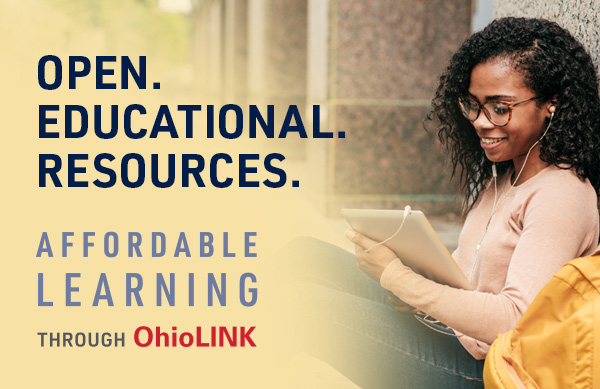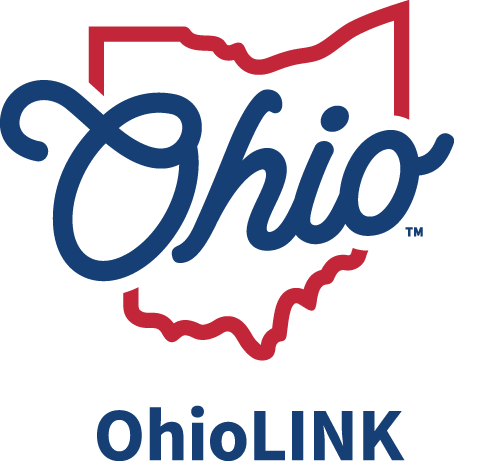Many college freshmen at Ohio Dominican University have a little more jingle in their pocket, thanks to open educational resources (OER). Each student enrolled in ODU’s Introduction to Statistics course during the 2018-19 academic year saved approximately $250 on the cost of a textbook – that’s $60,000 saved collectively at ODU between both fall and spring semesters. The university has made huge strides to reduce textbook costs for all its students through affordable learning initiatives, such as inclusive access and OER courses.

“OER is open and free – there is no cost to the students, so it’s fantastic,” said Michelle Sarff, head librarian at ODU. “We are a campus that is very interested in the affordable learning effort and really moving forward with it. And there's a lot of enthusiasm and energy…it’s just been really invigorating.”
ODU was one of the main collaborators on a $1.3 million Ohio Department of Higher Education Innovation Grant awarded statewide to support the development of open educational resources and other materials to reduce students’ textbook costs. Together with OhioLINK, The Ohio State University, North Central State College, and 15 other community colleges, ODU helped form the Ohio Open Ed Collaborative (OOEC), an online resource of open materials for many of Ohio’s high-enrollment courses, such as introductory statistics.
“Most of our students fulfill the math requirement by taking the statistics course, and it’s actually a very popular course across many institutions in Ohio,” said Anna Davis, head of ODU’s math department and a member of the grant steering committee. “That's why it was picked to be one of the early courses to be developed by the grant.”

To create course content for the Ohio Open Ed Collaborative, a team of faculty collaborators, a librarian, and a faculty review team strategically develop content and ensure it meets the Transfer Assurance Guidelines for Ohio. There are currently six courses available for Ohio institutions as part of the Ohio Open Ed Collaborative, with many more soon to join them as more faculty and staff get involved in affordable learning initiatives. Davis counted 11 faculty and staff members at ODU involved with the grant across multiple disciplines.
In addition to the OOEC efforts, ODU has prioritized affordable learning initiatives, starting with its library staff. The university now has a designated OER librarian who is the liaison for any faculty member interested in finding no-cost materials for their courses or getting more involved with OER. There is also an affordable learning group at the university that meets regularly to discuss and implement both inclusive access, in which all students receive course materials at a discounted rate or at no cost at the beginning of a course, and OER initiatives. This includes sharing open resources, discussing which courses are best suited for either inclusive access or OER, and how to best design courses around low- and no-cost materials.
“We have excellent library staff,” Davis said. “And what they created working together with instructional designers is a culture where people know where to go to find these resources and how to handle them.”
Sarff credits OhioLINK with helping both academic librarians and faculty understand the possibilities that affordable textbook initiatives can bring to colleges and universities in Ohio.
“(OhioLINK was) integral; I mean, they’re the reason most of us are doing inclusive access,” Sarff said. “I’m not quite sure where we would be without them.”
Davis said the increased interaction with faculty and library staff has highlighted OhioLINK resources such as eBooks and textbooks that often go overlooked when designing courses.
“It’s really been very multifaceted; they haven’t just focused on OER and inclusive access, but also the resources that are always available through OhioLINK,” Davis said.
Before the 2019-20 school year, ODU’s affordable learning group will be analyzing the data from the first year of these efforts, looking not only at cost savings, but also student success measures.
“These are students who sometimes do not get their course materials at all because of price or not understanding how to work the system,” Sarff said. “Having these materials available to them from the first day of the semester and having a great percentage of the class having them, because we have such a low opt-out rate with inclusive access, we really want to start tracking that.
“Faculty and staff here have two concerns: cost savings and making things more affordable, but also helping the students to have better learning outcomes.”

